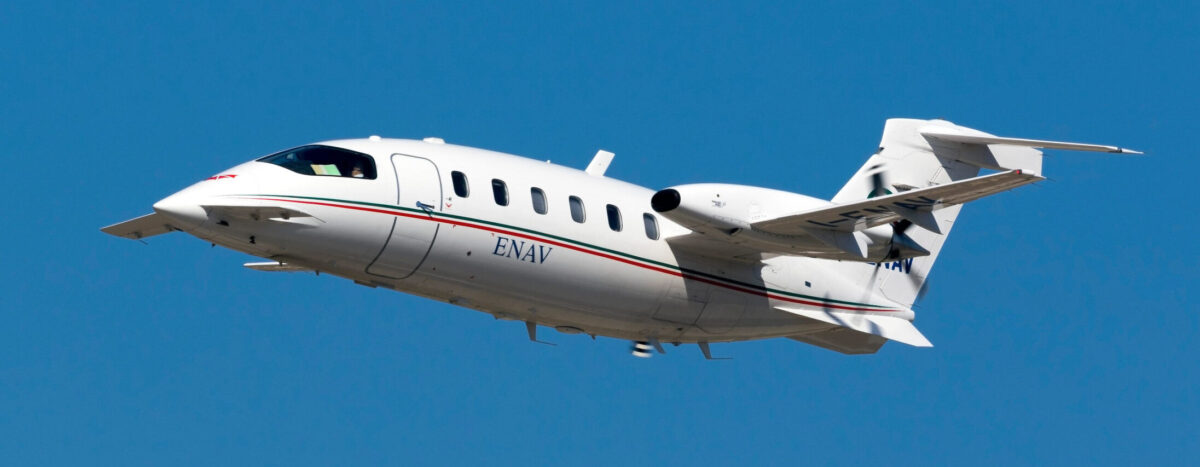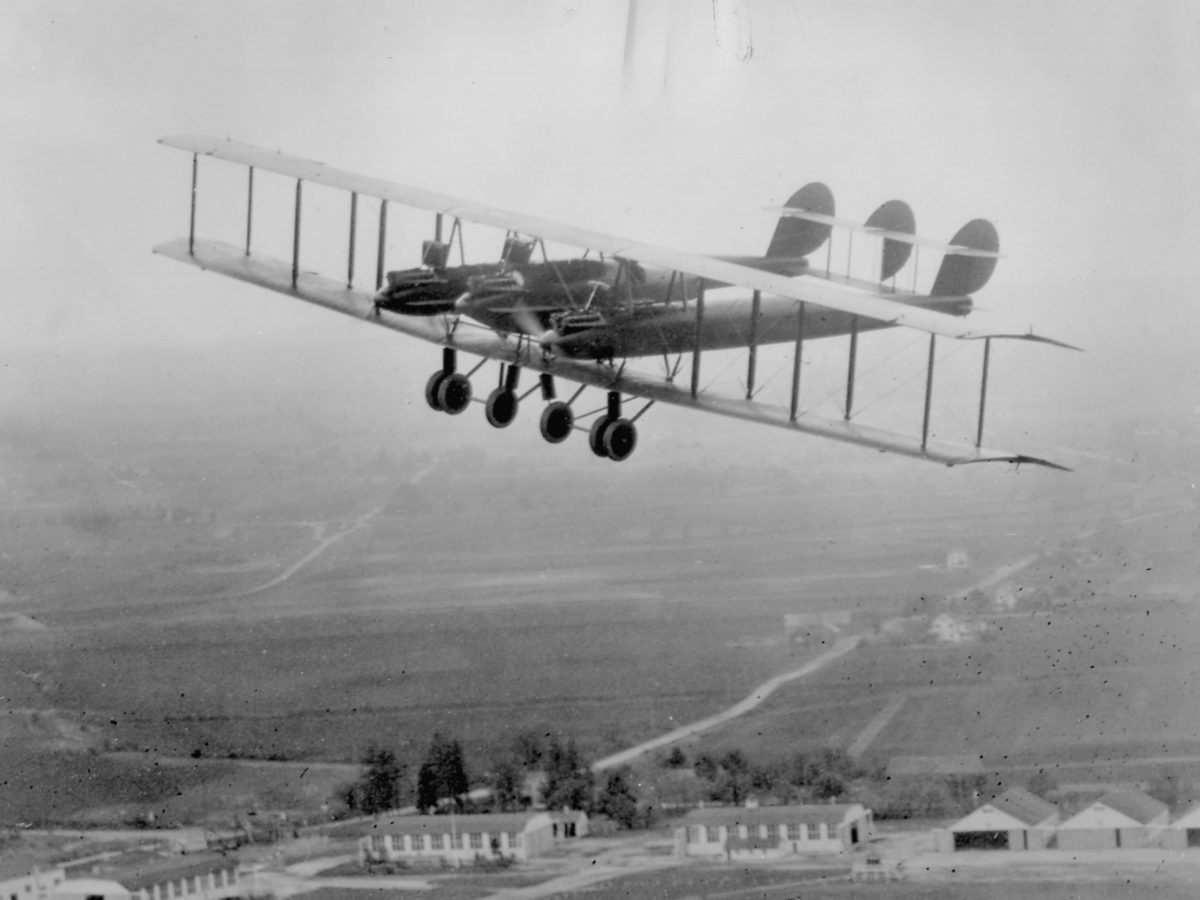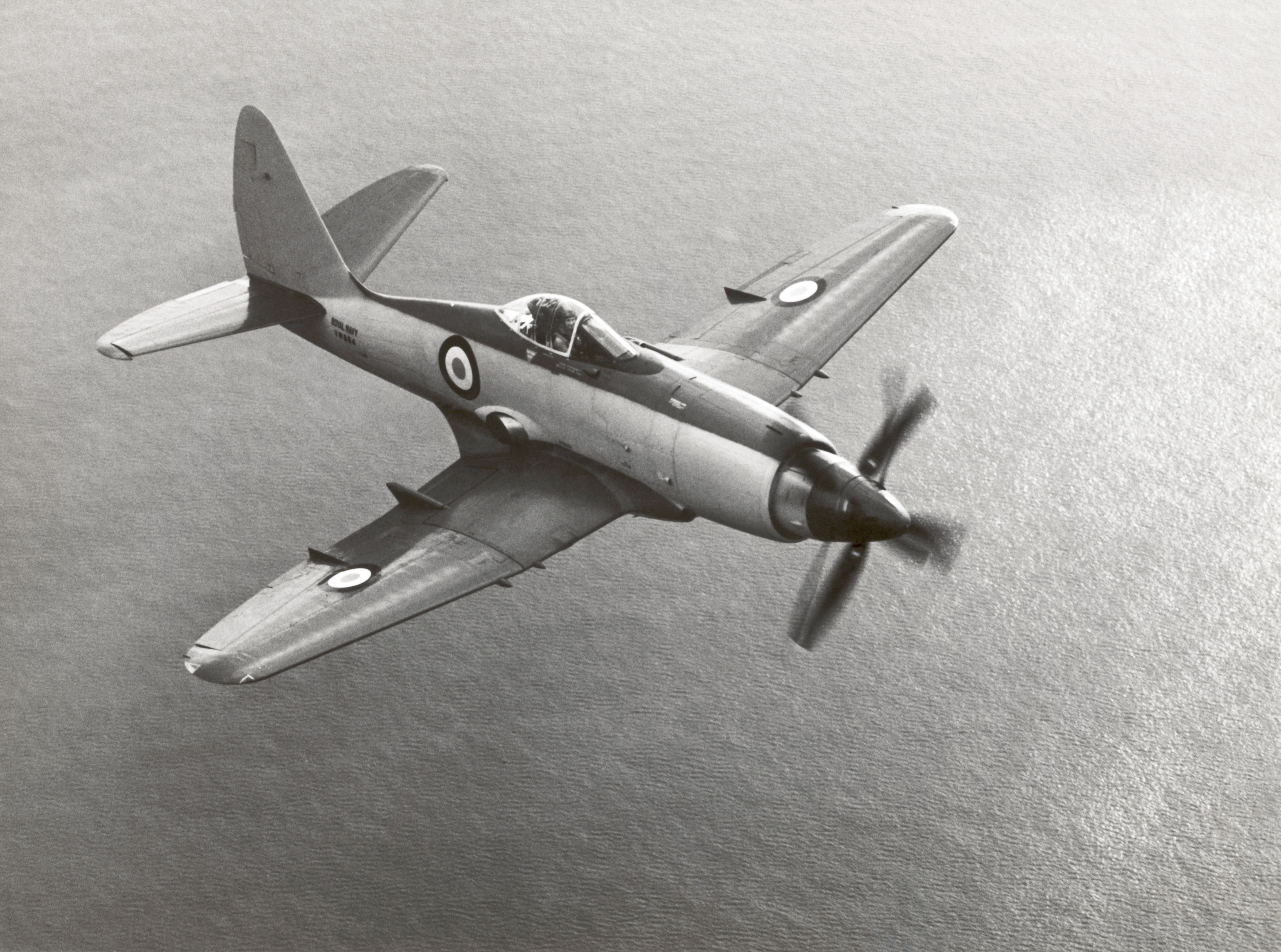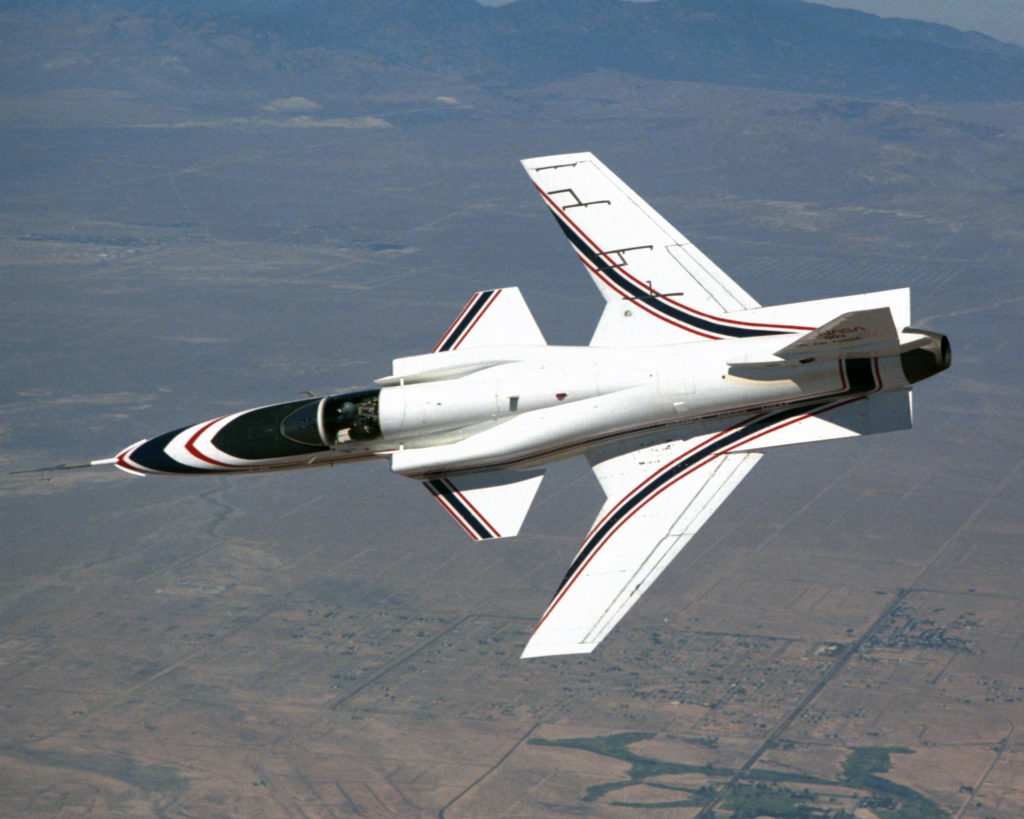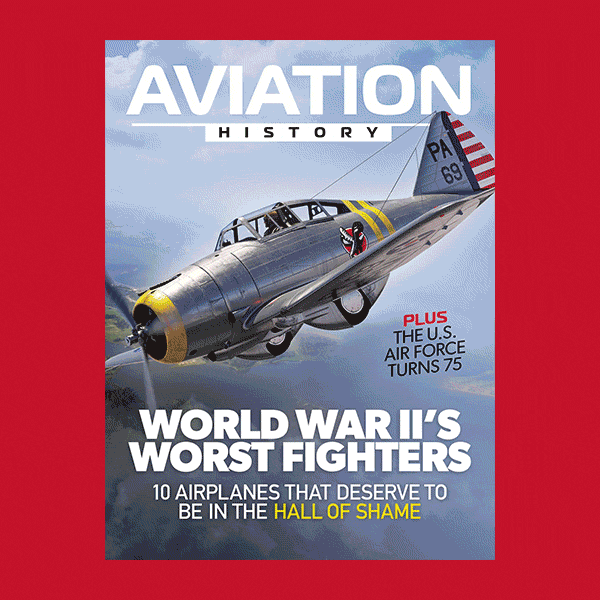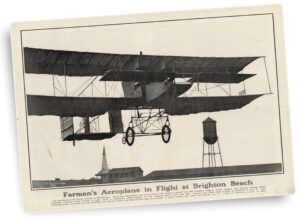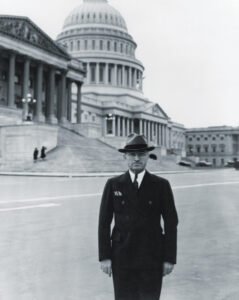An unusual looking turboprop executive transport, the Piaggio Aero’s P.180 Avanti was designed as a rival to the conceptually similar Beech Aircraft Corporation Starship. Work on it began in 1979 under Piaggio chief engineer Alessandro Mazzoni, who filed for a patent in 1982. Among other distinguishing features, the plane had twin pusher turboprop engines with counterrotating propellers mounted on a straight high-aspect-ratio wing aft of the crew’s and passengers’ pressurized cabin. Another feature was a pair of small stabilizing wings in the nose, mounted at a slight anhedral.
In 1983 Gates Learjet partnered with Piaggio to improve — and virtually remodel — the plane, whose Learjet influence shows in the steeply raked windshield and two large delta fins under the aft fuselage. Financial problems compelled Gates Learjet to break their collaboration in January 1986, but Piaggio carried on with the project. On Sept. 23 that same year, the P.180 made its first flight and was accepted for production shortly afterward.
More Mystery Ships: Solve the mysteries!
Powered by two 850-hp Pratt and Whitney Canada PT6A-66B turboprop engines, the P.180 has a 46-foot wingspan and is 47.3 feet long. Capable of carrying up to nine people, it weighs 8,375 pounds empty and 12,100 pounds loaded. Maximum speed is 460 mph and cruise speed is 366 mph, with a 1,740-mile range and a maximum ceiling of 41,000 feet.
In 2003, a P.180 crewed by Joe Ritchie and Steve Fossett flew from San Diego, California, to Charleston, South Carolina, in three hours, 51 minutes and 52 seconds at an average speed of 546.9 mph, setting transcontinental records for its class that were recognized by both the National Aeronautic Association and the Fédération Aéronautique Internationale, and breaking the record set in 1986 by Chuck Yeager when he flew from Los Angeles to New York City in a Piper Cheyenne 400LS.
As of December 2021, 262 various subtypes of P.180 Avanti Is, the improved Avanti IIs (introduced in November 2005) and the Avanti EVO (introduced in 2014) have been built. Collectively they have logged a million flying hours. The current price per plane is $7,695,000. Unusual as it looks, the P.180 Avanti can claim an unusually successful career.

